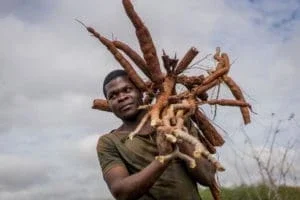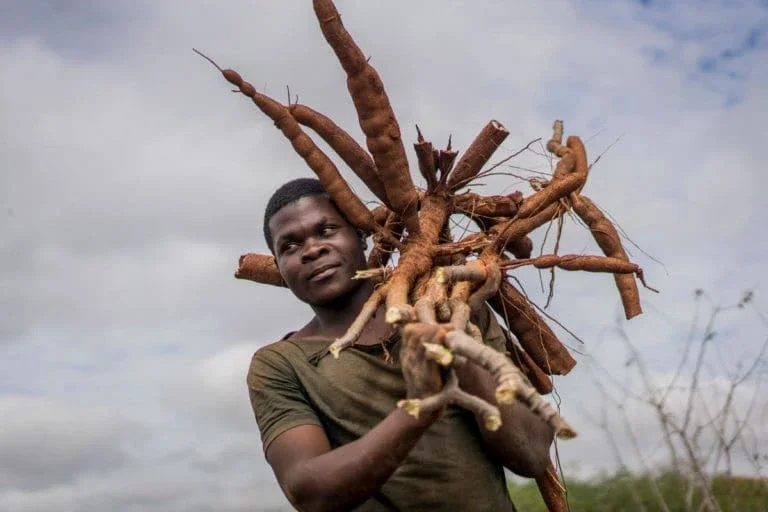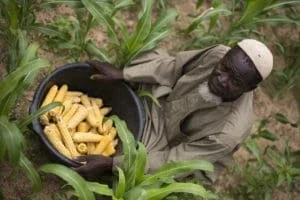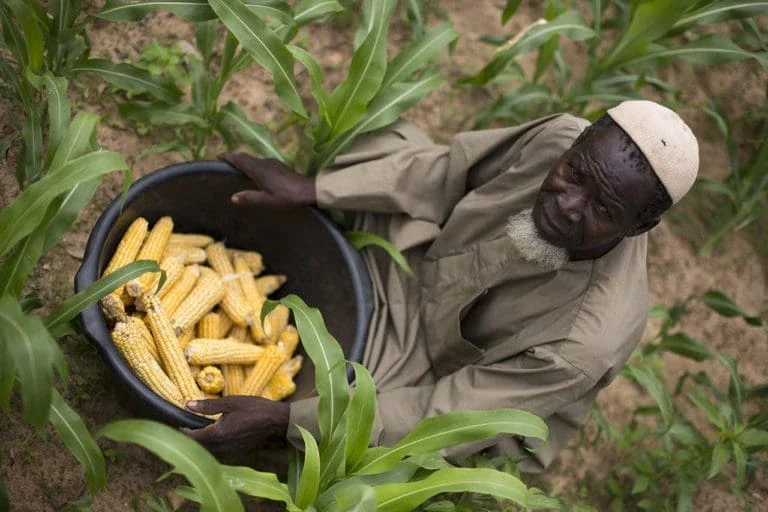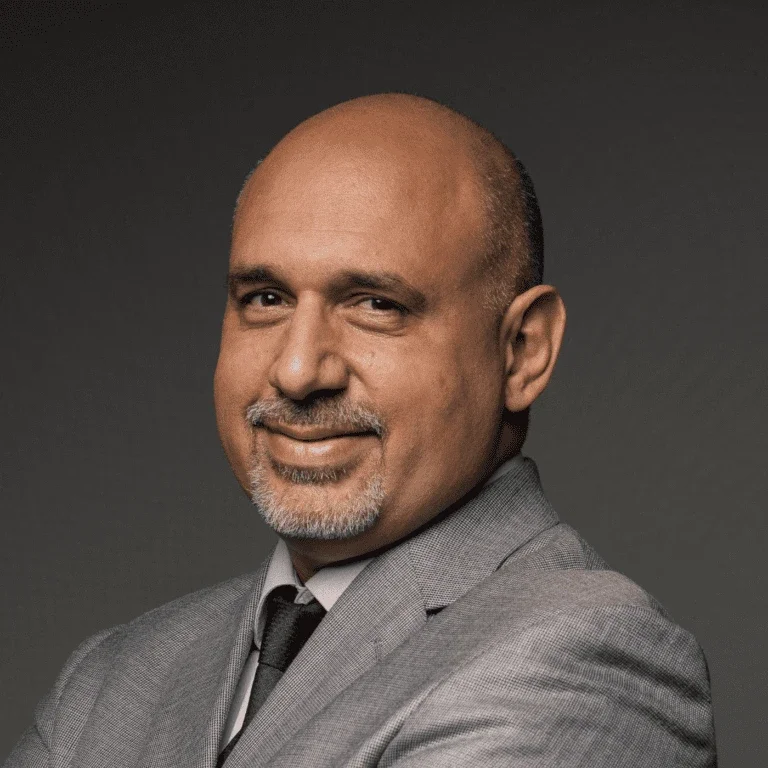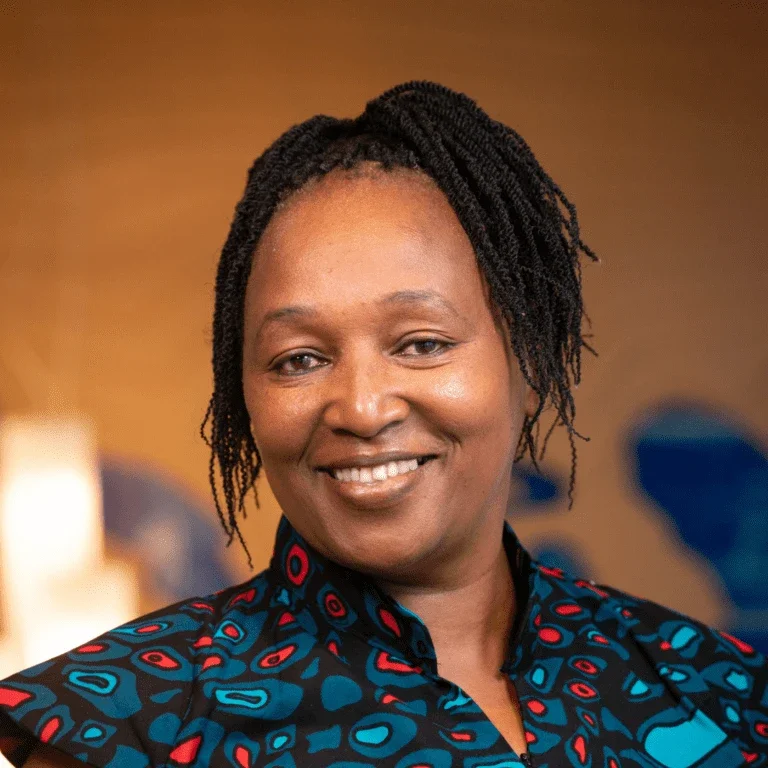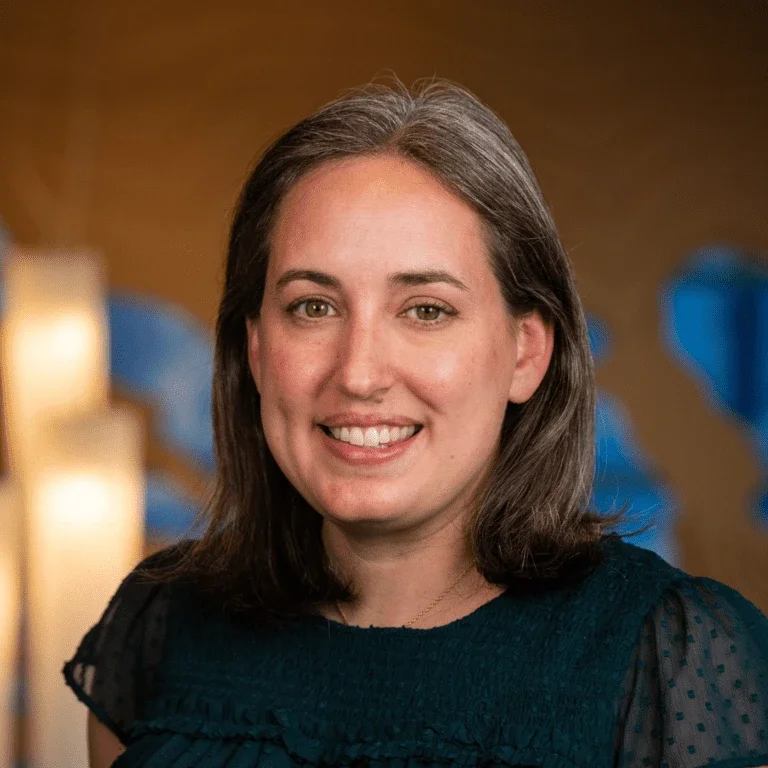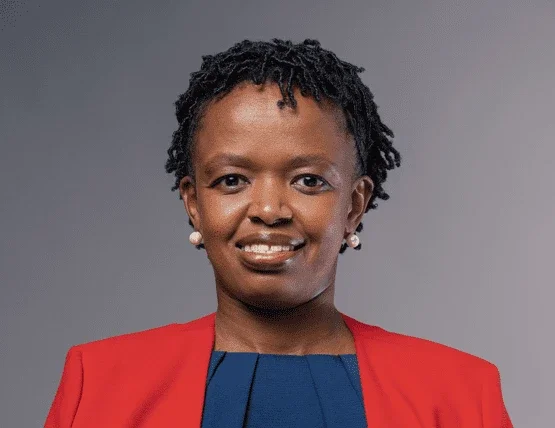A World Without Food Waste
According to the Food and Agriculture Organization of the United Nations (FAO), we grow enough food to feed all the 1.2 billion hungry or undernourished people on the planet, yet one-third is never eaten.
In the U.S., nearly 40% of our food supply is wasted every year. At the same time, 41 million Americans—including 13 million children—lack consistent access to adequate food. In developing regions, more than 40 percent of fruits and vegetables spoil before they can be consumed.
Wasted food represents wasted resources: one-fifth of our freshwater supply and nearly one-fifth of our cropland is used to produce food that does not get eaten. When that food is thrown away, it takes up 20% of our landfills where it emits tons of methane, a greenhouse gas 86 times more powerful than carbon dioxide. Given the projected 2 billion increase in the global population by 2050, the need to minimize loss, not just maximize production, is critical.
The YieldWise initiative has been in execution since 2016. Over the years we have invested in the development of several resources including training materials, research on technologies, communication content including videos and radio programs, and broader lessons learned on working in post-harvest management. We have amalgamated these resources to develop the Post Harvest Management ToolKit that we believe would be useful to all practitioners that work directly with farmers, resources for researchers and also as a resource guide for university students.
Through YieldWise, we aim to ensure that more of the food we grow is used to feed people, improving millions of lives and making the most of the planet’s precious resources.
In 2016, The Rockefeller Foundation launched YieldWise with the goal of demonstrating how the world can halve food loss by 2030, one of the UN’s Sustainable Development Goals. It is the first global solution to food loss and waste that works across the entire food system: from farm to store to table and beyond.
The problem of food loss in Sub-Saharan Africa is acute: more than 30% of the food produced for human consumption across the continent is lost owing to inadequate postharvest management, lack of structured markets, inadequate storage in households and on farms, and limited processing capacity. With Yieldwise, we make strategic investments to streamline the supply chain from farm to market, putting proven technologies—many of them simple—in the hands of smallholder farmers to increase yield and create new paths to prosperity.
In the U.S., we collaborate with cities, private sector leaders, designers, and food rescue organizations to reduce wasted food, provide healthy wholesome food to those in need, and conserve vital natural resources. We raise awareness about the crisis of food waste, and the tremendous losses that wasted food represents in a world where hundreds of millions of people still go to bed hungry. Working with a range of partners, we provide the field –policymakers, food businesses, producers and households – with new data and insights on sources of wasted food, proven solutions that reduce food waste, and the tools to take those solutions to scale.
- 815million
people are food insecure or undernourished
- 62million
tons of food is wasted in the US annually
- $990billion
in global economic loss is due to food waste
Our Impact
In just four years, we have made tremendous progress in reducing food loss and waste, helping to achieve reductions in post-harvest loss and rescued and redistributed surplus food.
- 100million
tons of surplus food per year rescued and redistributed to American families
- 300thousand
farmers were empowered with training and access to technologies that reduced losses by 20-30% providing additional incomes and improving food security
- 18countries
launched food loss and waste management programs
Over the last four years, we have accomplished much to be proud of – and we’ve learned important lessons about the causes and solutions that exist in both low- and high-income countries.
In East Africa, we have achieved a post-harvest lost reduction of 20 to 30 percent across critical value chains and impacted the lives of more than 300,000 farmers. Our work has also contributed to a high uptake and utilization of loss-reducing technologies across the three value chains: maize, mango, and tomato in Tanzania, Kenya, and Nigeria respectively.
In the United States, our partners have engaged more than 30 U.S. cities in food waste prevention programs and identified more than 100 million pounds of surplus food per year that can be rescued and redistributed to American families. This was done through the development of new data, tools, and guidelines to provide the evidence and justification for diverse stakeholders to adopt food waste reduction strategies.
We also worked with nations and international organizations across Africa to bring together countries and communities to expand tangible commitments to reducing food loss and waste. This includes the development of the National Postharvest Management Strategy in Tanzania, the African Union Malabo Commitment, and the inaugural All Africa Post Harvest Congress.
Through these efforts, together have planted food loss and waste firmly on the global agenda. From corporate commitments through Champions 12.3 to the landmark World Resource Institute report to the $2 billion and growing World Bank Sustainable Development Bond, addressing food loss and waste has become a global issue that is being addressed by a growing and diverse group of stakeholders.
Meet our Partners & Grantees
The documents provide an overview of the specific activities in each of the countries within the YieldWise Initiative. We have documented the approach of the initiative, the role of the different partners and the lessons learned.
Meet our Beneficiaries
Over the years of implementation, the YieldWise team has had the privilege to engage with farmers across different value chains. We share testimonials below on their experiences in farming and some of the lessons that they have learned in post-harvest management following their support from YieldWise grantees.
- Hermetic Grains have Saved My Grain and Saved me Money
- Young Farmers Find a Formula for Success
- A High Yield and a Ready Market Brings a Sweet Taste of Success
- Everything Changed when I learned how to Deal with Fruit Flies
- Taking Tomatoes to Saucy Heights One Small Scale Processor at a Time
- How YieldWise and One Woman’s drive are Transforming a Rural Community
- We used our Cassava as Fertilizer there was Nowhere to Sell it
- I did not go to School but now I have Money to Buy High Heels
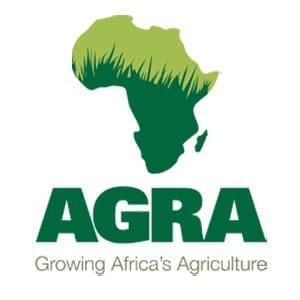
Future interventions in fighting food loss such as YieldWise need to look at a smallholder farms in totality of all the priority crops (beans, soya beans, sunflower, potatoes) grown by the household.
Edward AgabaProgram Officer, AGRA
